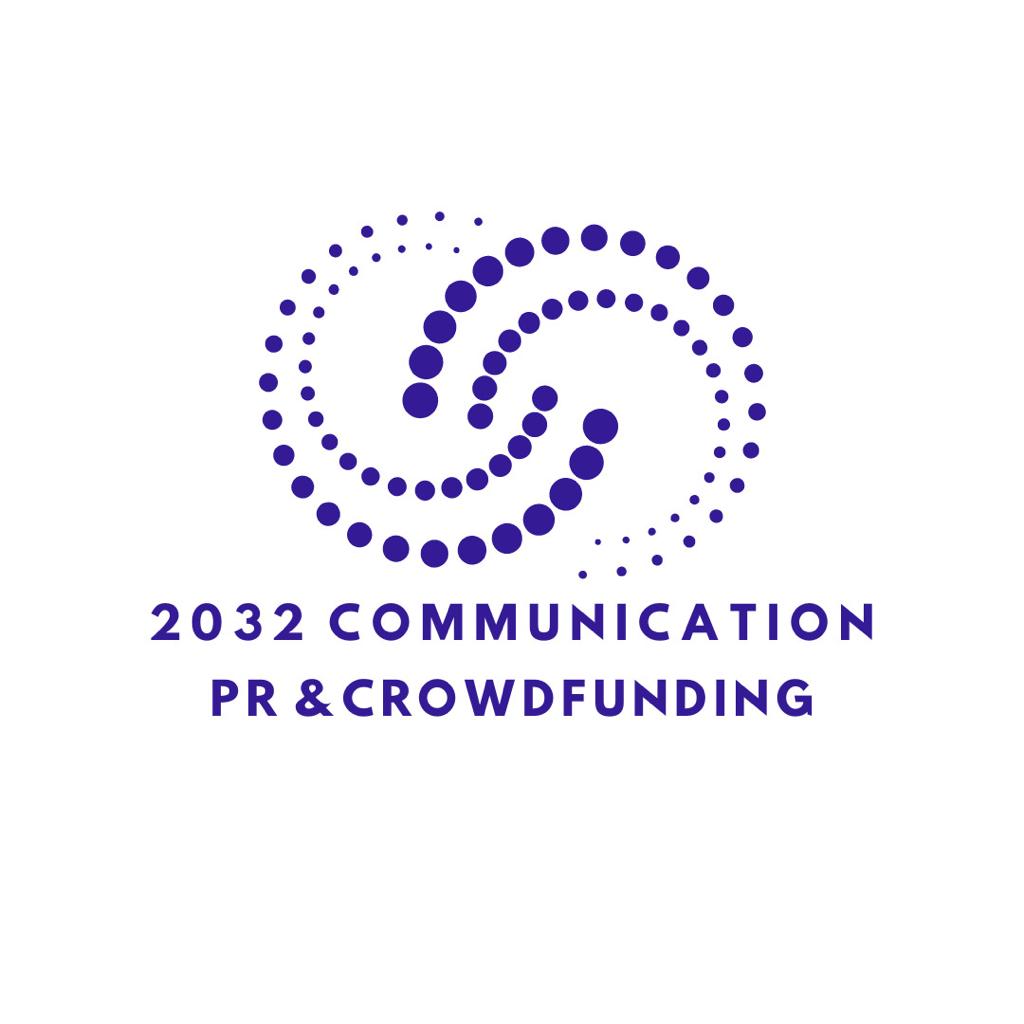Choosing the right communication channel
Choosing the communication channel is vital for an efficient communication, as every channel has its own strengths and weaknesses, depending on many factors that need to be taken into consideration. For example, the general information about a future event that is shared by means of a letter or a notification could send a clear message to one or two people to whom the message is addressed. However, this method is not efficient when it comes to communicating news to a larger number of people or a large target audience.
On the other hand, complex information is relayed more efficiently by means of a written or printed document than by means of a verbal message, because the recipient can assimilate the information in his/her own rhythm and can review the articles or sections that he/she didn’t fully understand.
The communication channel is the term given as definition or description for the way in which we communicate or interact with the target audience of the communication. Recently, due to the evolution of the internet, there are multiple communication channels available for everyone. Here are some examples: the live conversations that take place at seminars or conferences, phone calls, texting by SMS or other message applications, emails, the internet (including social media such as Facebook or Twitter and others), radio, TV, letters, leaflets, reports etc.
Good communication experts create targeted content for their audience as efficiently as they create communication channels aimed at delivering the communication. This entails the use of proper language that makes information simpler and clearer, thus anticipating and eliminating the risk of misunderstanding and confusion by being aware of the recipient’s experience in interacting with similar communication. The efficient coding and clear formulation of the message represent essential communication skills. Everything depends on the experience and skills of the person doing the communication.
The recipients of the messages can provide feedback on their understanding and interpretation of the messages by means of verbal or non-verbal reactions. Experienced and efficient communicators need to pay close attention to said feedback, as if it were the only way to check whether the message was well-received and understood. They must understand that the feedback provided during a live conversation or by phone is instant, while the messages relayed on TV, radio or the internet can be less direct and much delayed. The feedback received from the audience will help the communicator change or adjust the message in future communications in order to benefit from better receptivity and action.
A partial or complete misunderstanding of the message can occur at any level of the communication process. Efficient communication entails minimizing the gaps or shortcomings of the message and breaking any communication barriers related to the relaying and understanding thereof.

